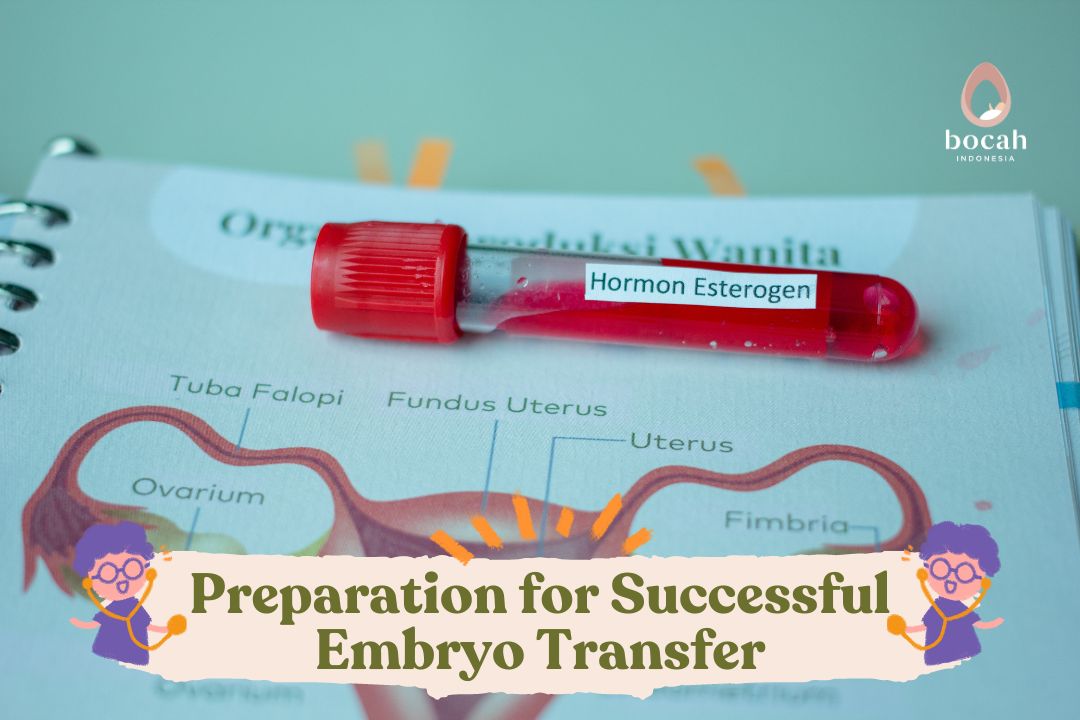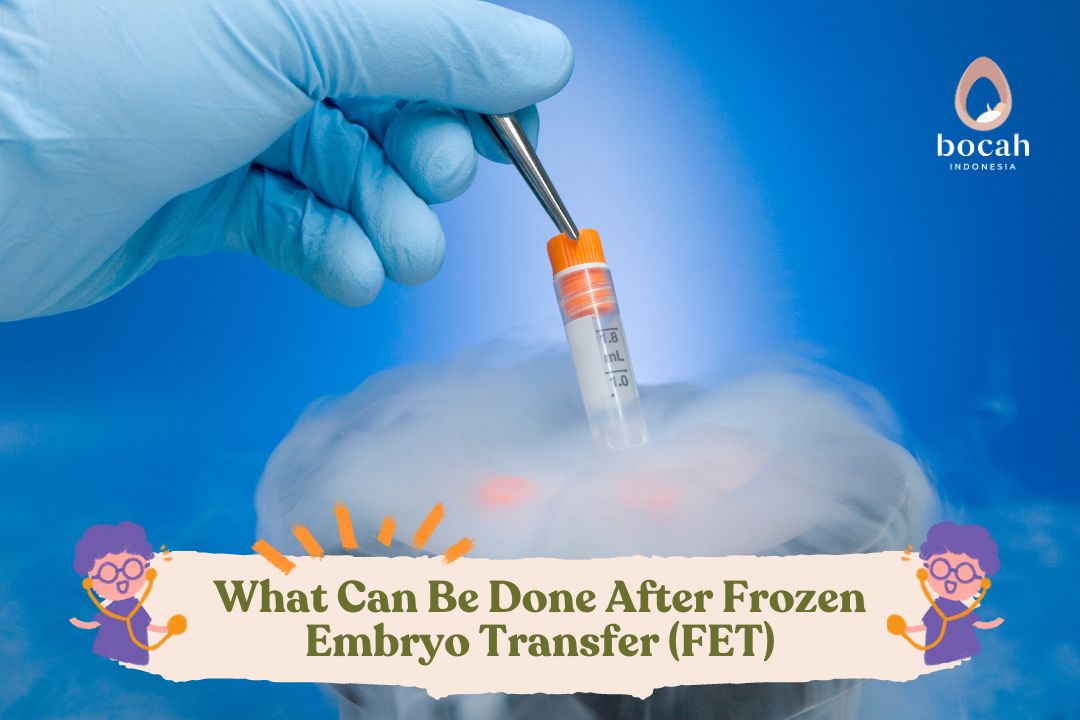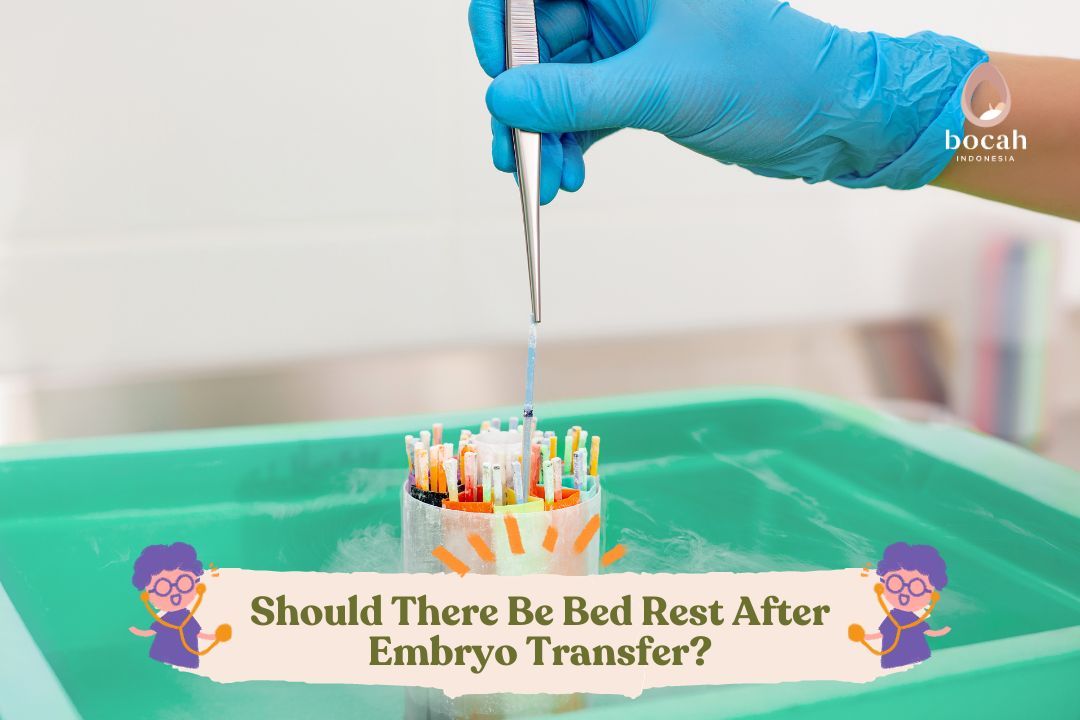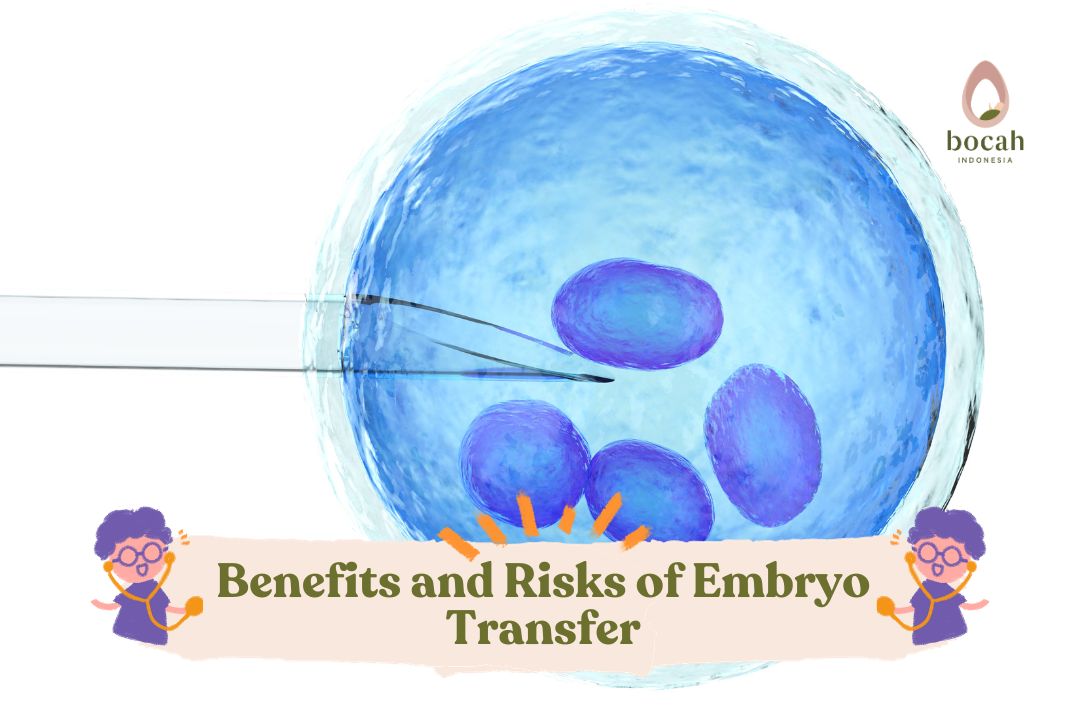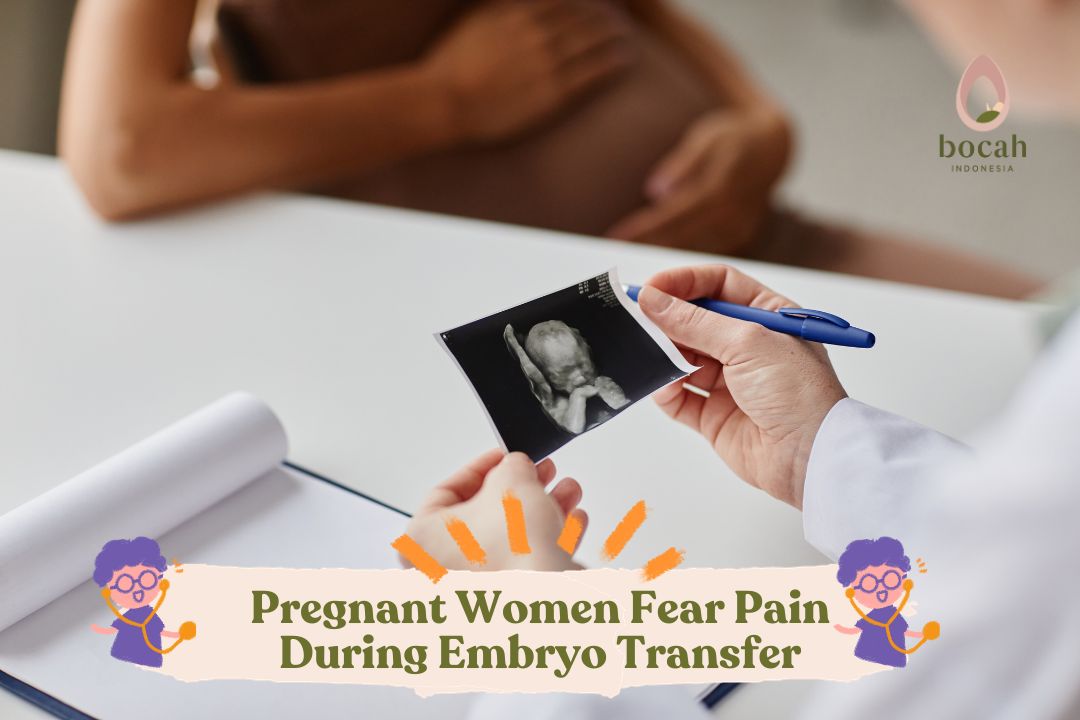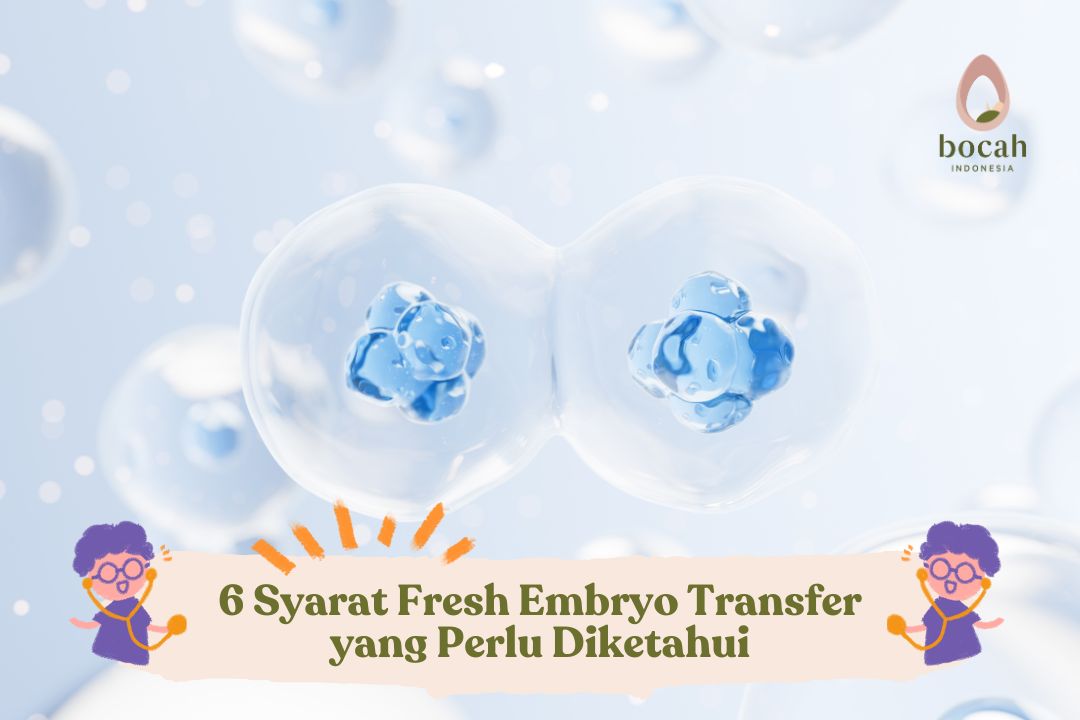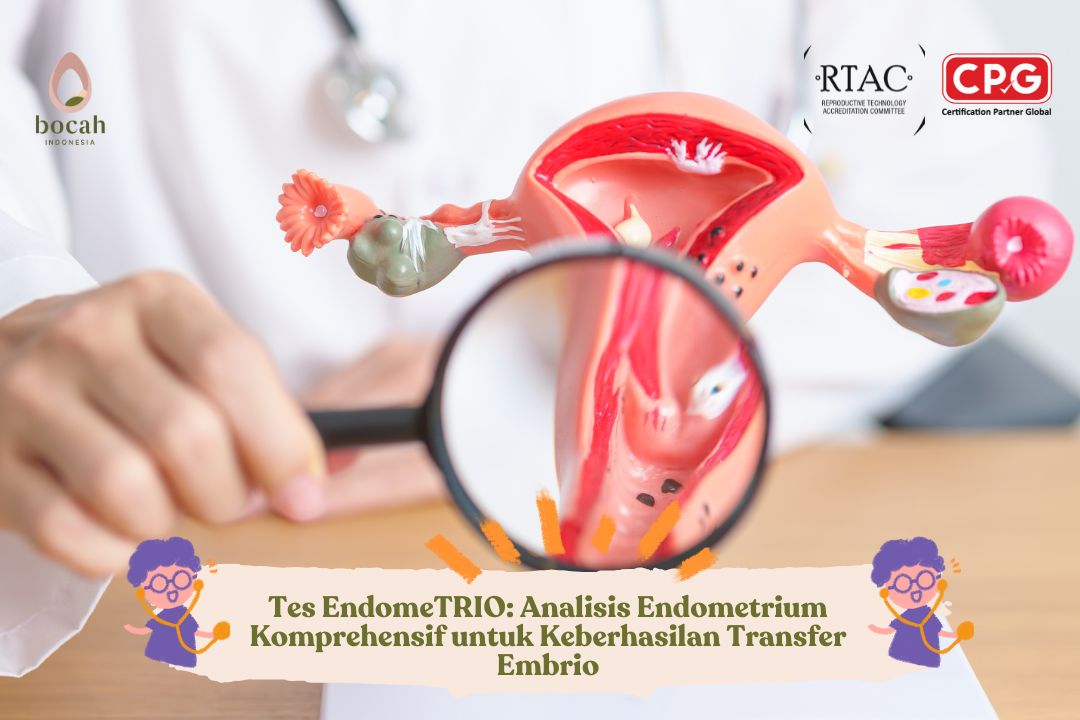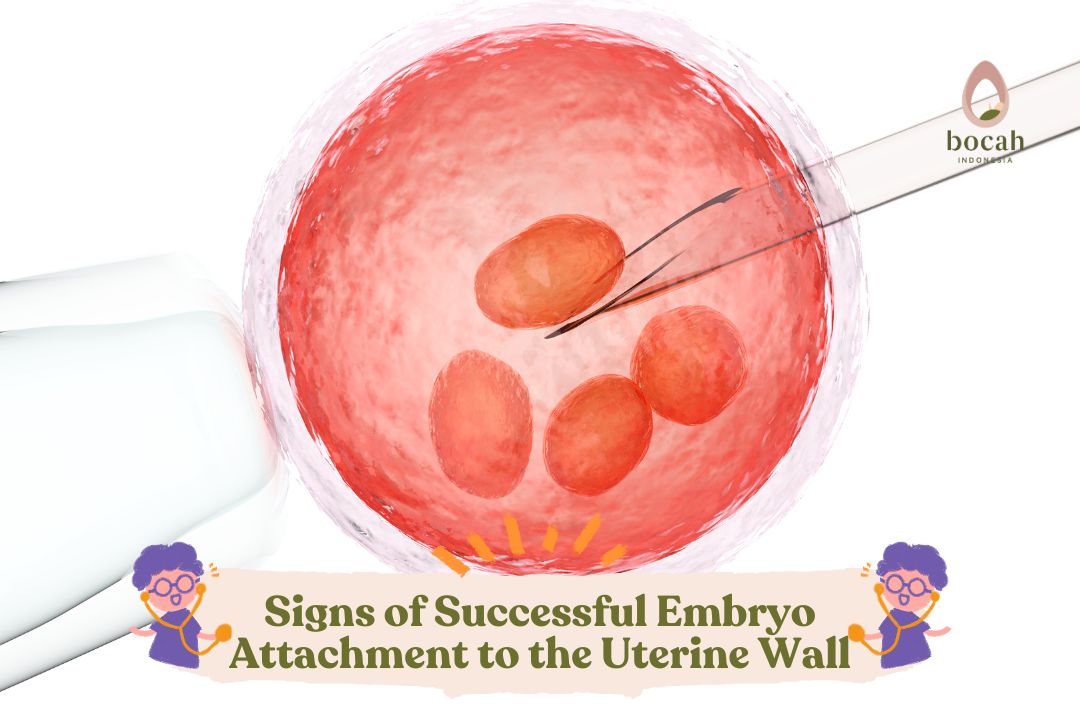Doctor’s Advice to Avoid After Embryo Transfer
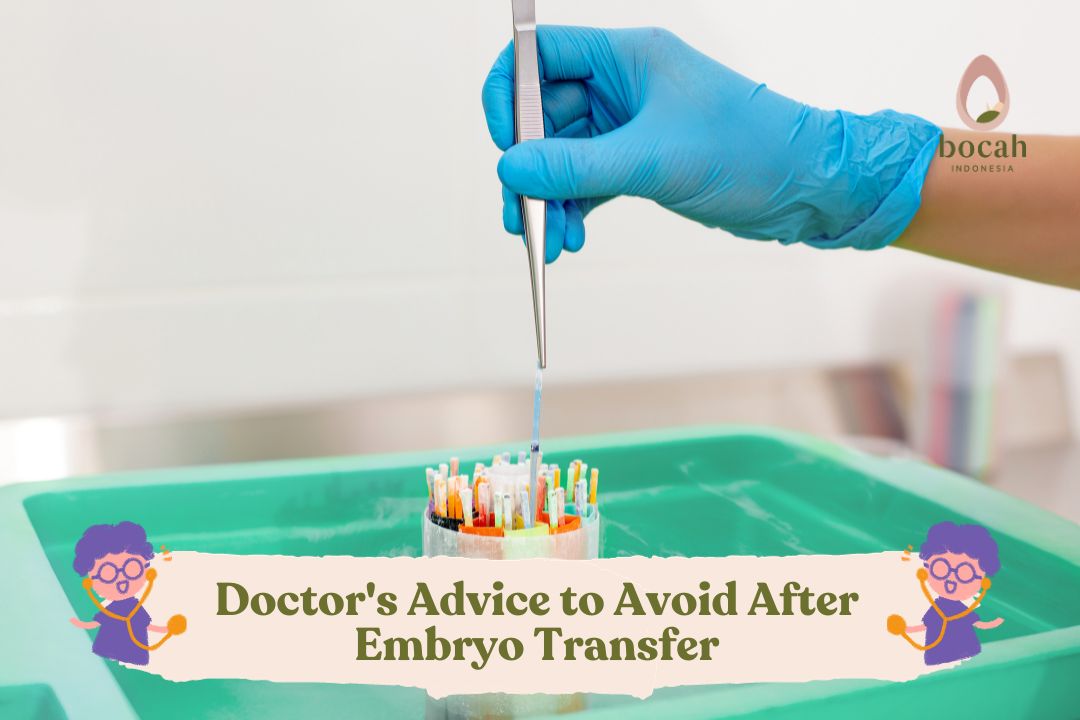
After undergoing embryo transfer, there are several things to avoid. What are they? Find out more in this article!
Embryo transfer (ET) is one of the stages in the in vitro fertilization (IVF) program. This procedure involves placing fertilized eggs, which have developed into embryos, into the mother’s uterus. This stage is quite crucial in the IVF program because after the embryo transfer, the mother will have to wait for two weeks to see if the embryo successfully attaches to the uterine wall, indicating pregnancy.
Things to Avoid After Embryo Transfer
Now, it’s essential for mothers to know that there are several things to avoid after undergoing embryo transfer (ET) or frozen embryo transfer (FET). What are they? Read on to find out!
1. Abstaining from Sexual Intercourse
One thing to avoid after embryo transfer is sexual intercourse. After this procedure, mothers must wait for two weeks, known as the “2-week waiting” period, before taking a pregnancy test. During these two weeks, the embryo needs time to attach to the uterine wall. Engaging in sexual intercourse during this time may prevent successful embryo implantation and can even trigger uterine contractions.
According to Dr. Cynthia Agnes Susanto, BMedSc, Sp.OG, a specialist in obstetrics and gynecology at the Bocah Indonesia Fertility Center, having intercourse after embryo transfer, whether fresh or frozen, may disrupt the embryo’s implantation process and the preparation of the uterus for fetal development.
Tanya Mincah tentang Promil?
2. Delaying Pregnancy Testing
Some mothers may be eager to take a pregnancy test immediately after embryo transfer. However, it is advisable to wait for at least two weeks after the procedure. The placental cells need time to produce the pregnancy hormone known as human chorionic gonadotropin (hCG) over several weeks. This hormone is essential for detecting pregnancy and can be detected in both blood and urine tests.
3. Ignoring Emerging Symptoms
During the IVF program, mothers are required to take fertility medications. Excessive use of these medications can lead to the risk of ovarian hyperstimulation syndrome (OHSS). OHSS can cause symptoms such as bloating, nausea, and vomiting, and in some cases, these symptoms may even appear after embryo transfer. While OHSS symptoms are typically mild, without proper treatment, they can worsen the mother’s condition.
Preparation Before Embryo Transfer
Before undergoing the embryo transfer procedure, mothers should adhere to specific rules and preparations, as follows:
- Mothers can undergo embryo transfer 3-5 days after the ovum pick-up (OPU) procedure is performed or after receiving confirmation from the nurse.
- During the embryo transfer procedure, mothers are not allowed to use perfume or clean their genitals with soap.
- If mothers choose anesthesia, it is recommended to drink plenty of water until the bladder feels full, as mothers will be allowed to empty their bladder one hour before the procedure.
- If mothers choose not to have anesthesia, they should eat and drink six hours before the procedure. Mothers are allowed to drink only three glasses of water and must fast until the procedure is completed. Afterward, they are allowed to empty their bladder one hour before the procedure.
- Mothers are expected to arrive at the Bocah Indonesia Fertility Center 60-90 minutes before the procedure.
Now that you know what to avoid after embryo transfer, you are encouraged to continue with your daily activities, as long as they are not strenuous. Best of luck in your journey because there is always hope for the future. Do you want to share information about pregnancy and fertility programs with other warriors on the journey to becoming parents? Keep following our other articles, and don’t forget to share this article!
Source:
- Banker, M., et al. (2015). Revisiting ovarian hyper stimulation syndrome Towards OHSS free clinic. Journal of Human Reproductive Sciences 8(1): p 13-17, Jan–Mar 2015.
- Crawford, N.M., et al. (2014). Intercourse after Embryo Transfer and Pregnancy Outcomes. Volume 101, Issue 2, Supplement, E28-E29, February 2014.
- Healthline. 5 Things to Do – and 3 Things to Avoid – After Your Embryo Transfer.
- medical News Today. What to know about embryo transfers.


